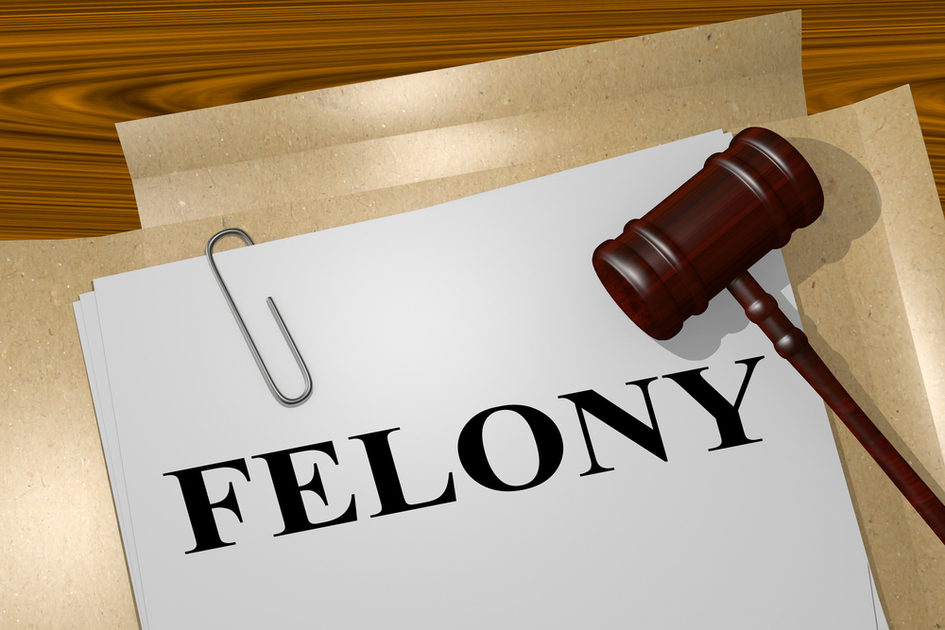Not all felonies are created equal, nor does a felony conviction necessarily prevent one from holding public office (at least in one suburban county school district). People ex. rel. Nkyia Ervin v. Dean Barnett, 2018 Ill.App. 172639 (1st Dist.).
Enter Dean Barnett, running for re-election as president of Hazel Crest School District 152 ½. Nkyia Ervin, parent of a minor enrolled in one of the district’s schools, filed a quo warranto action against Barnett, alleging he was a “convicted felon” and ineligible to hold office pursuant to the Election Code, 10 ILCS 29-15 (compare this with 65 ILCS 5/3.1-10-5(b), which prevents persons from holding elective municipal office if convicted of infamous crime, bribery, perjury or other felony).
In 1993, at age 17, Barnett pleaded guilty and was found guilty of possessing a stolen motor vehicle. Was this enough to dash Barnett’s aspirations to continue his public service? The Cook County electoral board ruled it was, but both the circuit and appellate courts ruled he could run for office. Id.
Although convicted of possession of a stolen vehicle, this was not an “infamous crime” as defined by Section 124-1 of the Criminal Code of 1963. The specific list of crimes which were “infamous crimes” under Section 124-1 are the offenses of arson, bigamy, bribery, burglary, deviate sexual assault, forgery, incest or aggravated incest, indecent liberties with a child, kidnapping or aggravated kidnapping, murder, perjury, rape, robbery, sale of narcotic drugs, subornation of perjury, and theft if the punishment imposed is imprisonment in the penitentiary. Ill. Rev. Stat. 1983, ch. 38, ¶ 124-1 (repealed by Pub. Act 84-1047, § 2 (eff. July 1, 1986)).
Section 124-1 was repealed, but its definition of infamous crimes remains in the Election Code. 10 ILCS 29-15. As Barnett did not steal a vehicle, merely possessed it, the appellate court held that the trial court did not abuse its discretion in dismissing Ervin’s case against Barnett. Barnett remained on the ballot.
That takeaway is that so long as a person has not been convicted of an “infamous crime,” a felony conviction by itself will probably not exclude a school board candidate from running for office. Id. Oddly enough, any felony conviction could well prevent a municipal official from taking office. 65 ILCS 5/3.1-10-5(b). It appears the Illinois legislature will have to resolve this apparent inconsistency.
